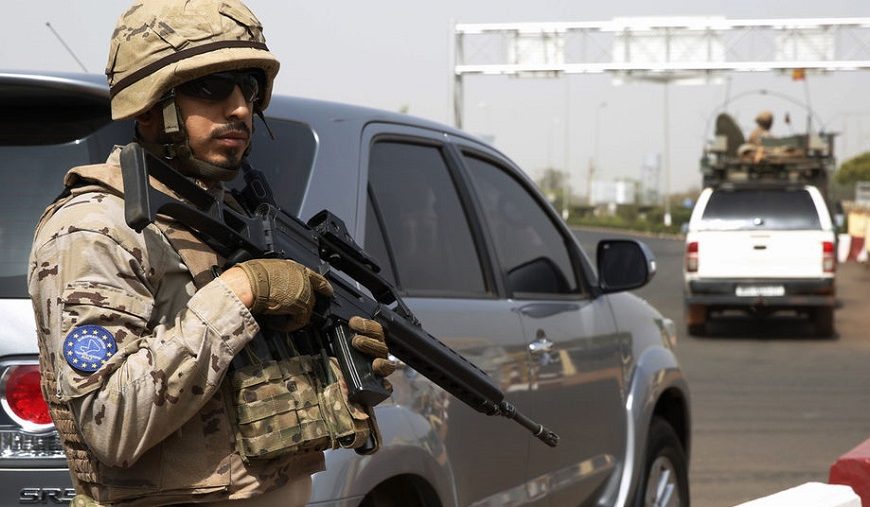For the public opinion it sounds closer and more correct that the police arrest a number of people for alleged links with Jihadist terrorism, than news that the Spanish Army has participated in recent years, along with other coalition countries in the so-called «training of allies», in the training of 16,000 soldiers and 8,000 Iraqi policemen, to another 5,000 soldiers in Somalia, or the tasks they carry out in Mali. This highlights the importance of restoring trust and understanding the work of the Armed Forces as a fundamental pillar in the fight against terrorism.
It is well known that «the military» is, per se, even a taboo and uncomfortable subject in Spanish society, with no prospect of improvement if there is no change of perspective on the matters that affect security issues, especially those that are not far from our borders. It is therefore necessary to help public opinion to come to an understanding of the work done by our Armed Forces, not only as a natural and necessary evolution, as it has happened in other European countries, aiming at generalised support for the volitional pillar of the State. If this change in perception were to take place, should it be necessary to implement Level 5 of anti-terrorist alarm, for example, it could be activated without being shocking for the public opinion to see the army in the street, only to support the State Security Forces and Corps, so that they can focus on security work. This is something that was not carried out after the attacks in Catalonia, and which apparently was due to the political cost that this decision would have entailed: the presence of military personnel with the Spanish flag in the Catalan streets would have provoked even more debate.
Not far from there, soldiers were deployed in the streets of France after the jihadist attacks in Paris against «Charlie Hebdo», and England did the same with their military units in 2017 after the Manchester massacre. What is the difference between their cases and ours, if our Army is fully capable of carrying out that same task, as they do in international missions, and which are so well seen by all? The answer lies in public opinion, in really understanding that the fact that the military takes to the streets is part of the action plan in which every necessary thing is done to protect citizens, and is not an attempt to restrict freedom by an «authoritarian» government. The state must use all available instruments to guarantee security, activate deterrent measures and convey a message to the population; and one of the most effective, as has been demonstrated with other European countries, is the staging of its armed forces within its borders.
The Army needs an action plan in which its doors are opened and its main work is seen abroad, which is taken into account as a great support for security within the borders and which is no longer seen as the official «NGO» of the State, which only appears in the event of floods, forest fires or various catastrophes. The long-term solution lies in structured communication that deals with these issues; it is necessary to renew the image of the army in the eyes of the new generations through different marketing campaigns, just as a company would do. The Sahel region, which is our southern border, will require special attention in the upcoming years. Public understanding of this need is a very important part of our security.
.
Author: Guillermo Arbeteta, Master in Analysis and Prevention of Terrorism
_ _ _
Responsibility for the information and views set out in this publication lies entirely with the author.


